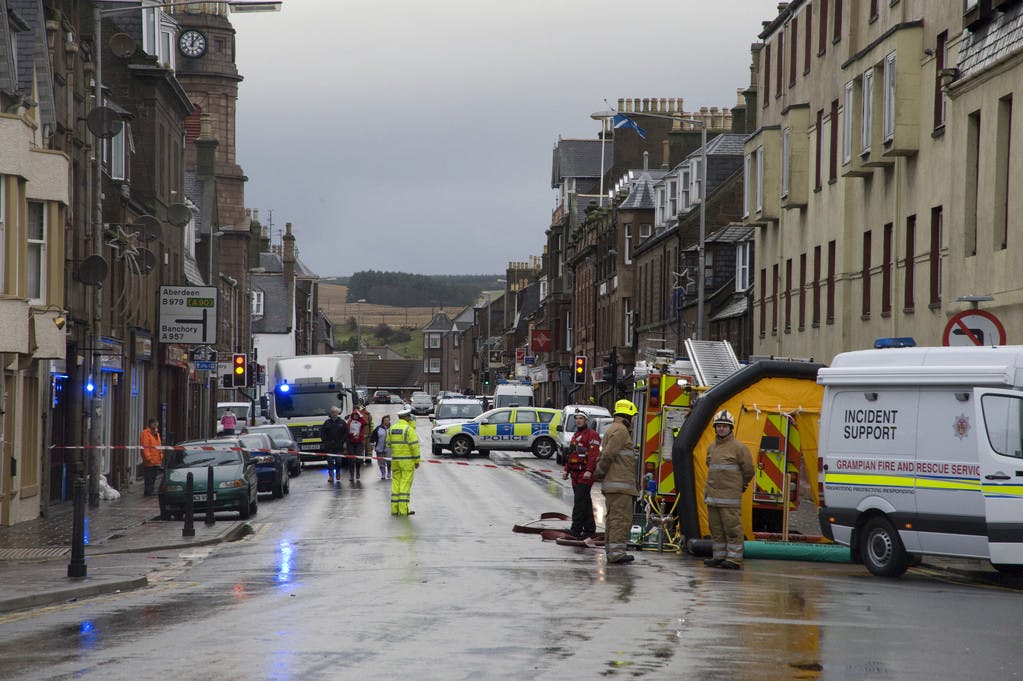February 2023 Update
The Risk & Resilience Team are conscious its been a few weeks since we shared information with you all. We had a busy few weeks in the run up to Christmas and this year have been working hard on testing, exercising and reviewing some of our plans. While much of time is spent on Community Resilience we still have to manage our commitments to a whole range of Emergency and Business Continuity Plans.
We are progressing the drafting of the Community Resilience Strategy and hope to be able to share an early draft soon but more importantly we've been revising all of our Rest Centre plans with a view to overlaying what the Council does with provision that local groups have in place. So, if you represent a group that has developed a resilience plan remember and share it with your local Area Office to help us map out provision.
Many of you will have seen news reports of energy rationing and Rota Load Disconnection. In very simple terms this is a tool that the United Kingdom Government has had in place since the 1970's which allows the National Grid to balance energy supplies in periods of high demand. The conflict in Ukraine has resulted in greater awareness of this tool and SSEN have helpfuly written to all their Priority Service Register customers explaining how it works and may affect them. SSEN have agreed that we can share this letter with you as it contains very useful information. You'll note of course that it not personalised so to find out you Rota Load Disconnection Code please visit SSEN | My Rota Block.
In other news, SEPA have announced a new Scottish Flood Forecast product that now warns of public three days in advance:
If you don't already receive flood alerts from SEPA we enourage you to sign up.
Finally, the Scottish Government are hosting an online Resilience Conference in March and April this year. There are a number of sessions you can sign up to including:
COMMUNITY SESSIONS: THE “NUTS AND BOLTS” OF COMMUNITY RESILIENCE IN EMERGENCIES - What can community groups, responders and policy makers learn from each other on community resilience, to improve outcomes from emergency situations and increase our collective resilience?
PRACTITIONER’S SESSION: SHARING GOOD PRACTICE AND INSIGHT ON SUPPORTING AND WORKING WITH LOCAL COMMUNITIES - How has community resilience evolved since the start of the Covid-19 pandemic and what can practitioners learn from each other?
COMMUNITY RESILIENCE AND CLIMATE CHANGE: BUILDING CONNECTIONS AND PARTNERSHIPS ACROSS COMMUNITY-LED EMERGENCY RESPONSE AND LONG TERM ADAPTATION - CoRE activities often focus on the most immediate impacts of climate, and climate change, related events alongside communities of interest who focus their efforts on the longer-term adaptation to climate change. This workshop will explore how to build stronger connections between community resilience in emergencies and climate change adaptation.
AN INCLUSIVE APPROACH TO COMMUNITY RESILIENCE IN EMERGENCIES - It is critical that community resilience in emergencies is inclusive and more equitable for all, but this isn’t always easy or straightforward. How can more community voices be part of local resilience planning and community action, and what needs to be in place for this to happen?
The Risk & Resilience Team will be participating in these sessions so maybe see you there. You can find out more here and sign up for the sessions.
That's all for just now.
Neil & Vicky


